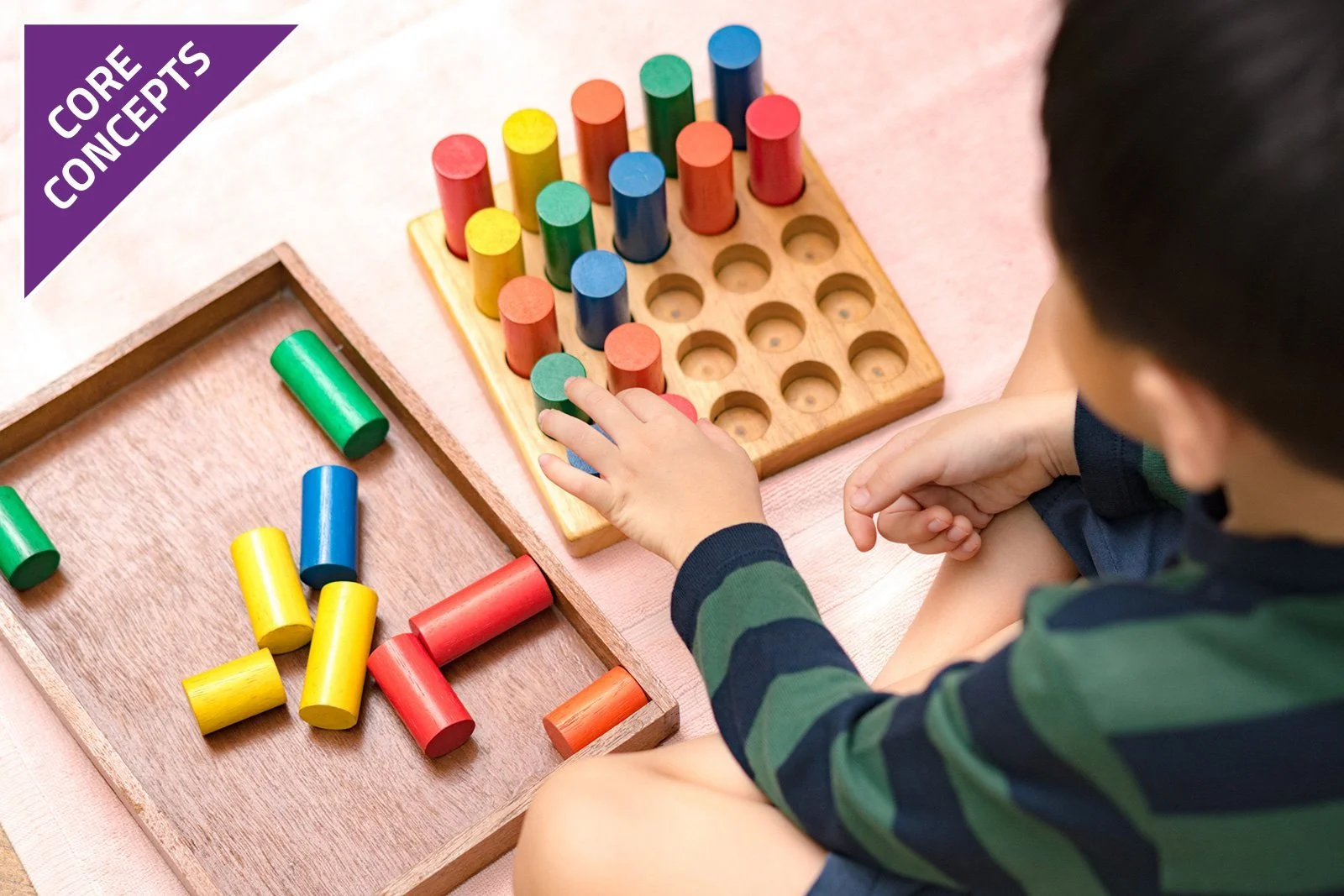READ STORIES THAT MATTER
Ibbaka Skill & Talent Blog
Inhale the future, exhale the past.
When acquiring a new skill, is the desire and a clear intention necessary for success? How about swimming? What other skills may we need to swim, especially in cold water, without wearing a wet suit? Breathing is the answer, and it is not only for swimming. Is the distance or time that matters when the temperature is 14ºC? What if it drops to 10ºC?
What are the best skills to put on a resumé?
A well-organized list of skills, competencies, and behaviours will impress the recruiter and make the AI software that often does the initial scan through the applicants happy. It is a necessity. However, wouldn’t it be better to have a dynamic resume that changes along the career path? Skills can be arranged in many ways to tell a compelling story.
"I never think of the future. It comes soon enough." ~ Albert Einstein
A quick dive into what value is. Defined as “the regard that something is held to deserve; the importance, worth, or usefulness of something,” value can be found and approached in so many ways, sometimes totally unpredictable - like while searching for a quote and landing on a skill and talent management blog.
The tale of how Ibbaka Valio and Ibbaka Talio came to be
Branding can be a daunting and challenging experience. It may take a long time to get it right, but sometimes it takes just a few minutes. Guided by intuition, a gut feeling and a sense of what's right, it is immensely gratifying. Hence the story of Ibbaka Valio and Ibbaka Talio and how they came to be—a lighter take on a serious business decision.
Core Concepts: Competency Frameworks and Competency Models
Competency frameworks and competency models are an important way to organize the skills needed to perform work and achieve goals. They frame the relationships between all the different things used to describe jobs and roles and connect them to performance. Competency models can seed the development of a skill graph and can also be used as a lens to look into a large skill graph.
Core Concepts: Skill Management
More and more companies are investing in skill management platforms. Virtually any company that relies on the skills of its people to deliver services, develop innovations and create value for its customers need to be able to answer critical business questions on skills.
Core Concepts: Skill Categories
Categorization is a fundamental cognitive ability - something that is critical in almost any human thought. Deeply rooted in philosophy, it is present in nearly every human activity. We love to organize things, sort them and apply labels to every box. How are we going to categorize skills?
Core Concepts: Skill Graph
Typing "Skill Graph" into Google produces many results. So, what exactly is this Skill Graph that talent and skill management companies talk about. Regardless of the approach, Skill Graph focuses on relationships between all sorts of things - from Skills to Roles, Experiences and Learning.
Core Concepts: Role Coverage
Role Coverage and Skill Coverage play a vital part in the insights generating function of the Ibbaka Talent Platform. It gives both individuals and managers a view of strengths and weaknesses and, above all, opportunities for improvement. Organizations need to measure role coverage to know if they can achieve their goals.
Core Concepts: Skill Gap
When a current workforce's skill set doesn't align with the skills required by their job or a role, we have a skill gap. Despite the negative connotation associated with the meaning of a "gap," this is a good thing. This mismatch opens an opportunity for individuals, as well as companies, to improve.
Core Concepts: Complementary, Associated and Connecting Skills
There is a natural tendency to organize or categorize. To help us sort the skills on the platform, we created the following categories: Foundation, Business, Design, Technical, Social, Tool, Domaine and Other. We also use another grouping to deepen our knowledge and inform the Skill Graph. These are Complementary, Associated and Connecting Skills.
Core Concepts: KSA (Knowledge Skill Abilities)
The KSA model is used to define the requirements for a job or position, allowing employers to compare candidates before selecting. Let’s find out more of how Knowledge, Skills, and Abilities or Attribute support a successful role placement.
Core Concepts: Role
Business roles are positions that have specific sets of responsibilities. Can you play many roles while being in the same job? How vital are well-defined roles in the current economy? For Ibbaka, Role is one of the Core Concepts deeply rooted inside the platform.
Core Concepts: Critical Skill
Core Concepts: Critical Skill On Ibbaka Talent platform, we categorize them as "foundational skills" - the skills necessary for learning or supporting other skills. Skills that allow us to think independently about something objectively and critically expressing thoughts, ideas and beliefs in a way that is easy to understand.
White Christmas
Happy New Year! Let 2022 be the best year for us all, unforgettable and full of unpredicted opportunities. Let past skills be used creatively, only limited by our imagination, so that the future is not based on the known past but on our new potential.
Driving School
Unclear instructions result in ambiguous actions, confusion and frustration. It is all about perception, and recent neuroscience points to how our brains constantly run action-perception loops to make sense of the surroundings. Can we get better at providing instructions, regardless of the context, whether it be a driving lesson or skill-accepting interaction in the virtual space?
It's time to write a typical summer post
The perception of time plays tricks with us. If there is nothing significant to record in the memory, the time subjectively shrinks. Routine blurs everything into one, difficult to cope with passage. The research shows that even a single small change to the routine will impact the overall perception of time. How about starting a Skill Profile on Ibbaka Talent?
Critical Skills - Patience - do we still have it?
In a world that moves faster and faster, do we have the patience to find the bright side of waiting? When "amazon-next-day-delivery" is a standard, four days seems like an eternity. Can one survive for four days without the Internet? Patience is a critical skill. The patience to wait and give thoughts, designs, people and relationships the time they need.
"I have no special talent. I am only passionately curious." ~ Albert Einstein
Curiosity is a natural and universal capacity that we all share especially when we are young. First, it helps to understand the world around us - later, it helps to empathize, define and prototype. The steps are present in the Design Thinking process, but as we go through those phases, we need to be aware of the actual thinking process. It is again, a curiosity that makes us pull the curtain and have a peek at the inner workings of our brain.
"Only the educated are free" — Epictetus
Range by David Epstein and my son's high school graduation inspired this post. The focus is on how to make better choices early in one’s career path, or rather, that we should try to broaden our knowledge base and sample everything we can.



























